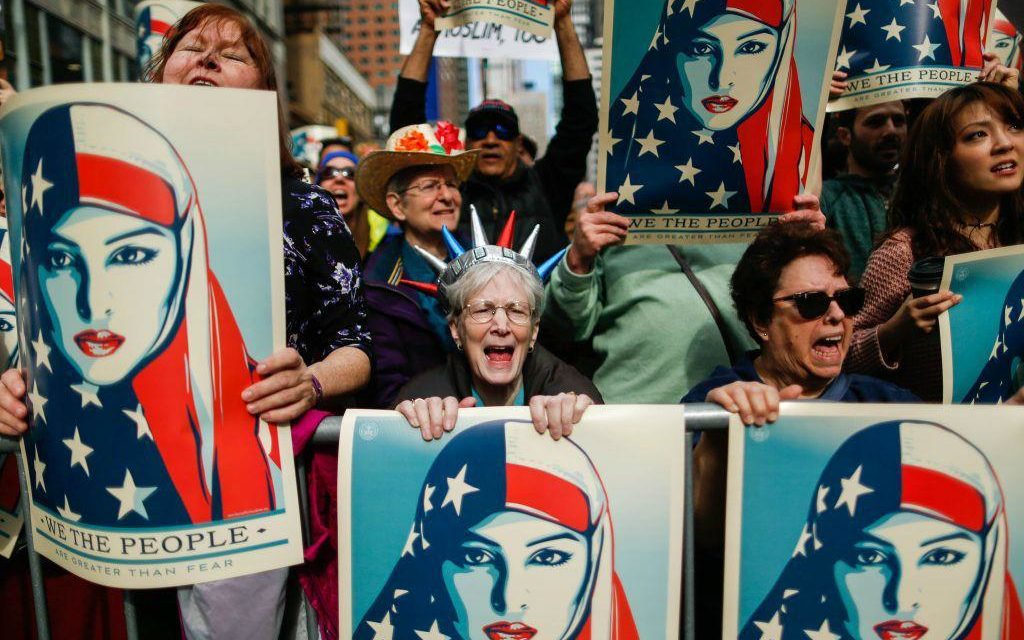The Supreme Court has upheld Donald Trump’s “Muslim ban” by a 5-4 vote, saying the bar on US entry to citizens of five mainly-Muslim countries is “squarely within the scope of Presidential authority”.
The justices had voted in December to allow the policy, hastily and chaotically implemented in January 2017 and then revised in March after initial judicial rejections, to take effect pending their full consideration.
Lower courts found that the ban denied the due process rights of entrants and that it constituted religious discrimination, in some cases citing Trump’s declarations on social media and in speeches.
But the Administration continued to maintain that the ban was justified on “national security” grounds, despite a lack of substantive threat by citizens of the affected countries. The Court covered the point by maintaining, “The entry restrictions on Muslim-majority nations are limited to countries that were previously designated by Congress or prior administrations as posing national security risks.”
The five justices upholding the ban set aside the evidence of religious discrimination in Trump’s tweets and public assertions, saying, “The Court must consider not only the statements of a particular President, but also the authority of the Presidency itself.”
The Supreme Court concluded that”the President has lawfully exercised the broad discretion granted to him” by the Constitution.
Scott Lucas with Turkey’s TRT World on Monday about the impending Court decision:
The January 2017 ban was imposed on citizens of Iraq, Iran, Libya, Somalia, Syria, Yemen, and Sudan. Iraq was dropped from the list after protests by the Baghdad Government, and citizens of North Korea and Chad and some from Venezuela were added.
Chad was removed in April 2018 after improving “its identity-management and information sharing practices”, according to the Trump Administration.
The maneuvers helped the Administration win its case today, with the affirming justices citing the removals of Iraq, Chad, and Sudan as confirmation that the ban was being evaluated on national security grounds.

